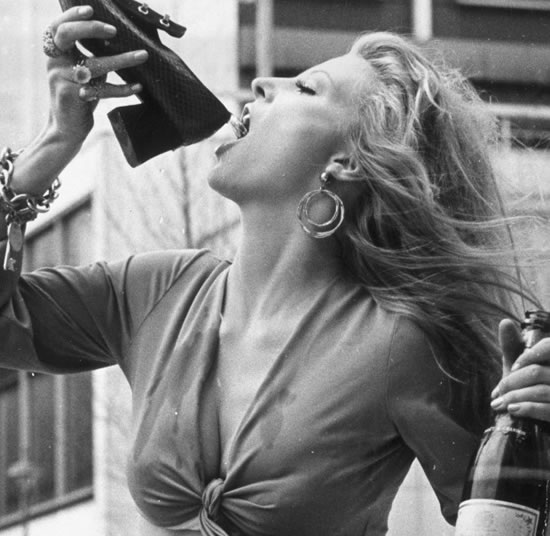Spirits. They sound kind of mystical, don’t they? Certainly in medieval times the art of distilling was known to only alchemists and learned monks. It’s perhaps due to their mystic and mysterious past that so many myths and misunderstandings surround the inhabitants of the top shelf.
But we’re in an age of enlightenment and reason. Surely it is time to let go of all prejudice – not only to your fellow man, but to every race and creed of distilled liquor, too. Hence my list of five boozy myths that can be done away with.
1. Gin makes you depressed
In fairness, this one is true – but only in the sense that all alcohol is a depressant in that it slows the function of the central nervous system. Chemically, gin will make you no more or less melancholy than any other alcoholic beverage. Why we tend to focus on gin is due to a period of English history sometimes referred to as the Gin Craze.
Campaigners against gin, such as artist William Hogarth, portrayed it as a depraved and vile liquor that was depriving the lower classes of their moral virtue, causing mothers to abandon their children, making plebeians depressed and even leading to cases of spontaneous human combustion.
more on smh.com.au




